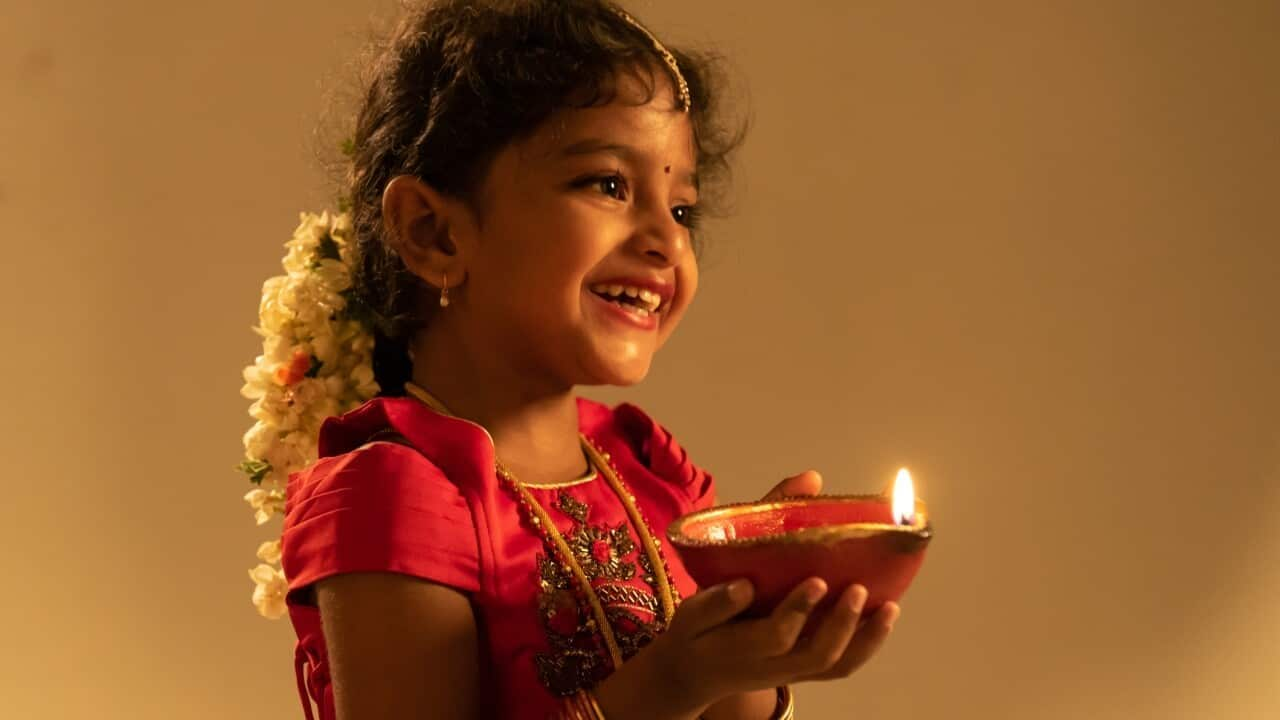This lesson suits upper-intermediate to advanced learners. After listening, scroll down and test your knowledge with our quiz.
Learning notes
Lesson language objective
Use informal or formal language to invite someone to a celebration
Different phrases to use when writing a formal invitation
- You are cordially invited to ______.
- We request the pleasure of your company ..at…..on…
- It will be a good opportunity to get to know the team.
- Please RSVP on or before September 30.
- We look forward to seeing you at the event.
Different phrases to use when making and responding to an informal invitation to a celebration
- I was wondering if you’re free this Saturday?
- Would love it if you could join us
- It would be good to catch up.
- Are you free?
- I’m tied up in the morning but I’m all yours in the afternoon.
- Can I pop over after lunch?
- Come over around 3-ish?
Colloquial expressions:
You are cordially invited’, ‘Your presence is requested’, ‘We request the pleasure of your company’ are examples for formal invitations.
RSVP comes from the French phrase ‘répondez s'il vous plaît’, which means ‘please reply’. We add RSVP to an invitation when we want those who are invited to reply with a response.
To catch up means to talk to someone who you haven’t seen in a while.
When -ish is added to a time, it means around that time, rather than at that precise time.
To pop over is an informal way of saying to visit someone.
Vocabulary:
Festivities – means having a party
To precede – to come before something in time, order, or position
Formal letter - a professional letter written in formal language
Performance - an act of presenting a play, concert, or other form of entertainment.
Rangoli - elaborate and colourful artwork made of powdered limestone, coloured sand, and sometimes, even flower petals.
Kartika - name of the month in the Hindu lunar calendar when Diwali takes place (usually falls in October or November each year).
Diyas - clay lamps
Cultural information:
Diwali or Deepavali is celebrated by more than one billion people around the world and is one of the world’s biggest and most important holidays. The festival is celebrated by Hindus, Jains, Sikhs and some Buddhists in Australia and around the globe. It lasts five days and it symbolizes the spiritual victory of good over evil.
It is known as the festival of lights and takes place during the Hindi month Kartika. People light candles and oil or diyas to fight against darkness. Some even light fireworks. These lights show how light triumphs over dark and good over evil.

A young Indian girl holding Diwali oil lamp.
Transcript:
(Note: This is not a word-for-word transcript)
SBS acknowledges the Traditional Custodians of Country and their connections and continuous care for the skies, lands and waterways throughout Australia.
Hi! Welcome to the SBS Learn English podcast, where we help Australians to speak, understand and connect.
My name is Josipa, and as an English language learner, one of the best ways to practise English is to go to events and celebrate with other people.
One fun event coming up that we can celebrate is Diwali! Also known as the festival of lights, Diwali is an important festival and holiday for many people in Australia and around the globe. Are you celebrating Diwali this year? Do you know how it’s celebrated?
Stick till the end to find out more about Diwali because now it’s time for our learning lesson. Tina is writing a formal letter inviting a client to a celebration that her company is throwing on the eve of Diwali. Let’s hear what she wrote,
Dear Mr. John Williams,
As a valued client, you are cordially invited to our company’s Diwali celebration to be held on the 24th of October at 6pm at the Banquet Hall of the Elite Shores Hotel.
The festivities include a three-course meal preceded by cocktails, and there will also be cultural performances and live music.
We hope that you will be able to take this opportunity to spend some time with our team and we look forward to welcoming you at our celebration.
Please RSVP by the 30th of September via email.
Yours truly,
Tina Joshi
Always begin a formal invitation with a greeting. If you don’t know the name of the person you are writing to, you can write ‘Dear Sir/Madam’; but if you do know their name, write down a salutation and their first and last name.
As a valued client, you are cordially invited to our company’s Diwali celebration .Tina
The phrase ‘you are cordially invited to’ is common in formal invitations. Other phrases you can use include are ‘your presence is requested at’ or ‘we request the pleasure of your company at’.
The festivities include a three-course meal preceded by cocktails.Tina
The term ‘festivities’ is used in this invitation because it sounds more formal than ‘get-together’ or ‘party’.
Tina also said that a three-course meal will be preceded by cocktails.
To ‘precede’ means ‘to go before’; so, cocktails or alcoholic drinks will be served before dinner.
Please RSVP on or before the 30th of September via email.Tina
RSVP comes from the French phrase ‘réspondez s'il vous plaît’. It means ‘please reply’. So, Tina is asking her client to reply ‘yes’ or ‘no’ to the invitation on or before the 30th of September.
And If someone wants something “via email”, they want it sent to them through email.
You can end a formal letter with ‘yours truly’ and then sign off with your full name.
Other phrase you can use to end a formal letter is ‘sincerely’ or you can say ‘with gratitude’ if you are asking someone to do something for you.
While a formal invitation is something you would send to a client or a boss, you probably wouldn’t do this for a friend or co-worker. To them you would send an informal letter.
Let’s go back to Tina who is now sending an SMS to her co-worker and friend Emma.
Hi Emma! Hope you’re well! I was wondering if you’re free this Saturday? We’re having a big Diwali celebration at home and would love it if you could join us! Let me know. Would love to see you then! It’ll give us a chance to catch up.
Notice that this time, Tina doesn’t include a salutation or Emma’s last name in the greeting because she is a friend and this invitation is informal, so she just uses her first name.
Hi Emma! Hope you’re well!Tina
Tina also asks Emma how she is, which is a common way of starting an informal message.
While formal invitations will use formal words such as ‘festivities’’, an informal message will express more warmth and affection such as,
I would love it if you could join us.Tina
Note how Tina uses the informal phrase to ask if she is able to come.
Let me know. Would love to see you then! It’ll give us a chance to catch up.Tina
As we just already know, formal invitations will have the term ‘RSVP’, but we use phrases such as ‘let me know’ in an informal message when want to know if they can attend the celebration or not.
And ‘to catch up’ means to talk to someone who you haven’t seen in a while to find out how they are doing.
Tina showed us a formal and informal way of inviting someone to a celebration; but how do you invite a friend face to face in person?
Let’s go back to Tina who is now having a chat with her friend Anna about Diwali.
Tina
Hi Anna! We’re having a big Diwali celebration at home this Saturday. Are you free? Come over!
Anna
Oh wow! Yes, I would love to! Let me check if I’m free…
Tina
It would be good to catch up.
Anna
Hmmm… I’m tied up in the morning but I’m all yours in the afternoon. Can I pop over after lunch?
Tina
Sure! Come over around 3-ish?
Let’s look at how Tina invited Anna,
Are you free? Come over!
Using ‘come over’ is an informal way of inviting someone to come to your house.
Anna then says,
I’m tied up in the morning but I’m all yours in the afternoon.
To be ‘tied up’ means to be busy, so Anna tells Tina that she is busy in the morning, while to be ‘all yours’ means to ‘give yourself fully to someone’. This means that Anna will be free to spend the afternoon with Tina.
Anna then asks Tina,
Can I pop over after lunch?
To pop over is another way of saying to come over. So basically, Anna asked if she can come to Tina’s house after lunch.
Tina replied,
Sure! Come over around 3-ish?
When ‘-ish’ is added to a time, it means around that time, but not precisely at that time.
So, when Tina says that Anna can come over around 3-ish, it means that she doesn’t have to come over at precisely 3pm, but she can come at around that time.
It would be good to catch up.
If you are catching up with someone, you are talking to someone whom you haven’t seen for some time in order to find out what they have been doing.
Did you know that some communities celebrate Diwali for five days? How fun – that’s almost a whole week!
And here to tell us more about this five-day festival is my good friend here in SBS, Manpreet Singh.
Hi Manpreet! Are you all set for Diwali?
Manpreet
Most definitely, Josipa! I’ve been preparing for weeks!
I’ve already bought lots of tealights, candles and fairy lights for our home, and of course sparklers for the day of the main celebration.
I know many of my friends will be decorating their homes with a rangoli, which is this elaborate and colourful artwork made of powdered limestone, coloured sand, and sometimes, even flower petals.
Traditionally, we light up oil lamps made of clay on the day of Diwali because after all, it is the festival of lights.
Josipa:
Sounds wonderful! So tell me, why is Diwali known as the festival of lights?
Manpreet
Diwali takes place on the darkest night of the month called Kartika in the Hindu lunar calendar, which usually falls in October or November each year.
The word Deepavali originates from the ancient Sanskrit language. Deep means lamp and Avali means row, so Deepavali actually means rows of lamps or lights.
Legend has it that the virtuous Lord Rama completed 14 years in exile with his wife Sita and brother Lakshman, and when they returned to their kingdom of Ayodhya, everyone lit up their homes with rows and rows of lamps and lights to welcome them back.
It is also symbolic of the victory of light over darkness, and of good over evil.
And, Josipa you will be interested to know, over 1 million people in Australia celebrate this festival, and over a billion people celebrate it around the world.
You should pop over to my place during Diwali, Josipa! I promise you, it’ll be a lot of fun!
Josipa:
Wow, thank you for the invite Manpreet! I’ll definitely take you up on that offer.
A big thank you to our educational consultant Professor Lynda Yates, our guests Manpreet Sing and Ferdinando Vives, and Arezo Younes and Lily O'Sullivan who voiced the characters of Tina and Anna.





